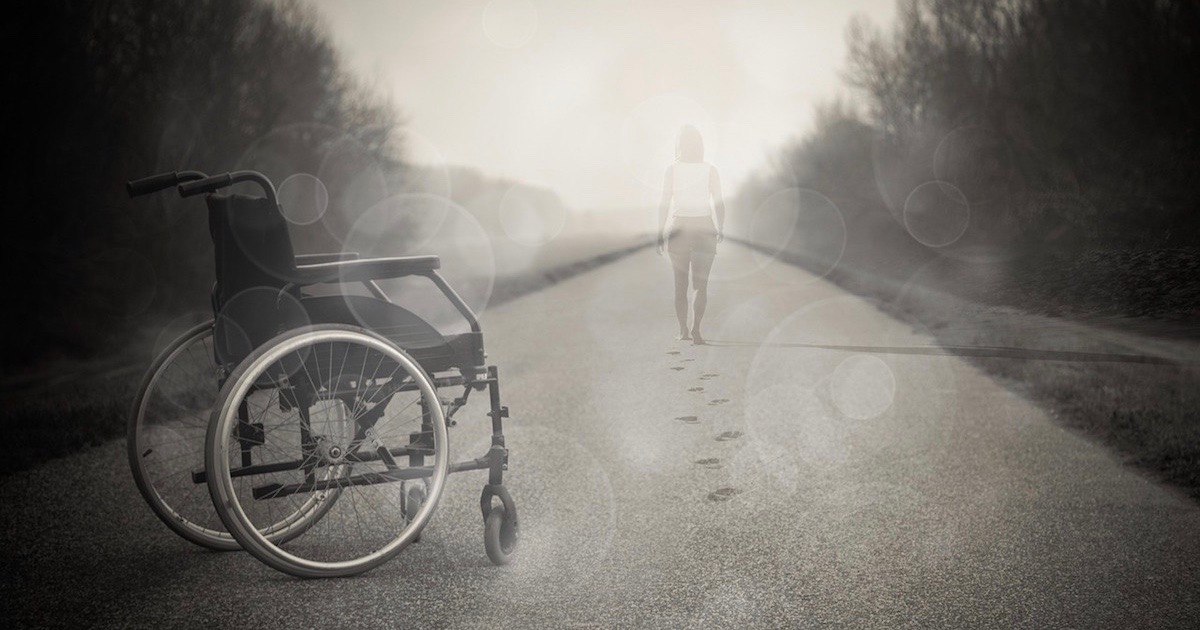 Culture & Ethics
Culture & Ethics
 Medicine
Medicine
Bruni “Gets It” on Disability Bias — Except for Assisted Suicide

When New York Times columnist Frank Bruni isn’t driving me nuts, it’s usually because he’s on vacation from his (very well written) column.
Today was an exception. Bruni writes evocatively about how people with disabilities “disappear” from the view and concern of mainstream life. Bruni “gets it” about disability bias — except for assisted suicide.
It seems Bruni met Nancy, a woman with post-polio syndrome. They met on a cruise where he was an invited speaker. After initially attending the formal presentations, she stopped coming because, using a wheelchair, she was ignored by fellow attendees. From, “Are You Old? Infirm? Then Kindly Disappear“:
The more I thought about her experience, the more I realized how widespread it undoubtedly is, and how cruel.
The Centers for Disease Control and Prevention estimate that more than two million Americans use wheelchairs for their daily activities and 6.5 million depend on canes, crutches or walkers. And the country is getting grayer and grayer.
There are roughly 50 million Americans age 65 and older, representing about 15 percent of the population. According to projections, there will be 98 million by 2060, representing nearly 25 percent.
Yes indeed. More Bruni:
Nancy increasingly makes peace with such neglect but told me that an elderly, infirm friend of hers has another approach. “She tells people to go to hell,” Nancy said. “I need to take a course from her.”
I don’t know about that. But the rest of us have a lot to learn.
Yes, we do.
Here’s the thing: Dying people often face the same kind of isolating exclusion as people with disabilities. Indeed, suicidal desires are sometimes exacerbated by the very kind of isolation that caused Nancy to feel invisible.
Disability rights organizations such as Not Dead Yet point out — often to deaf ears — that the reasons people support assisted suicide for the terminally ill would be just as applicable to people with disabilities.Yet, in a column a few years ago, Bruni applauded legalized assisted suicide.
But these issues — invisibility of the elderly, disabled, and dying — are symbiotically connected to the question of assisted suicide.
Why do terminally ill people decide to swallow doctor-prescribed poison? It is very rarely pain. Rather, people express the same kind of existential anguish that Nancy complained about.
For example, about 41 percent of people who commit assisted suicide in Oregon fear being a burden. A huge majority (90 percent) worry about losing dignity — which can be another way of saying that they fear being looked at askance by those they love.
Indeed, the poster woman for assisted suicide, Brittany Maynard, wrote that one reason she was going to kill herself was the worry that her family might not remember her well, but instead, carry bad memories of her decline and demise.
When people support legalizing assisted suicide, they unintentionally send the message to people like Nancy — who would probably qualify for euthanasia in places like Belgium, Netherlands, and Canada — that it is compassionate for us to support their literal disappearance.
So, good for Frank Bruni for discovering and highlighting a significant societal problem. Now, as a compassionate man, he needs to connect some important dots and apply his newfound wisdom to arguing against the unintentional isolating abandonment of assisted suicide.
Cross-posted at The Corner.
Photo credit: reidy68, via Pixabay.
